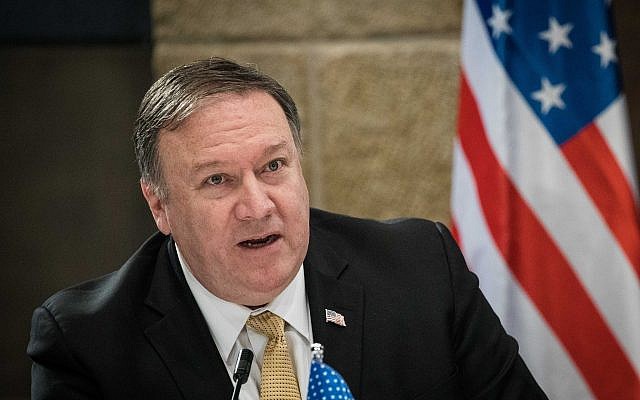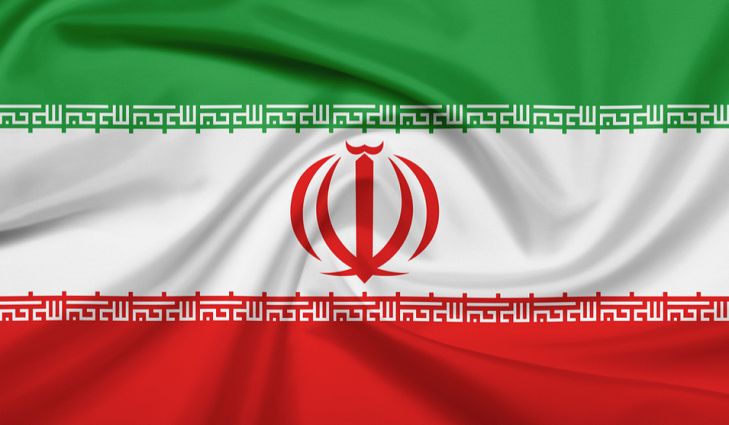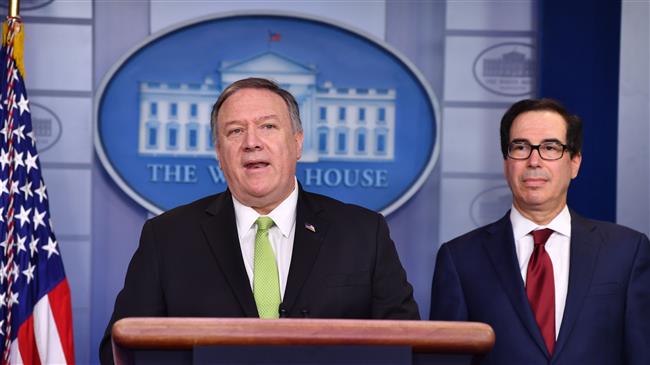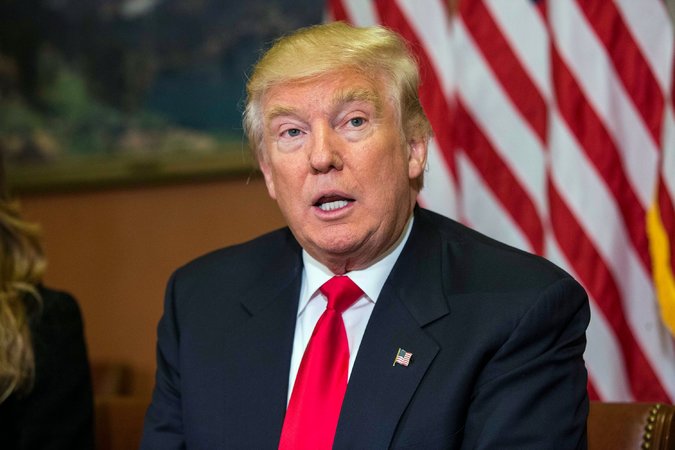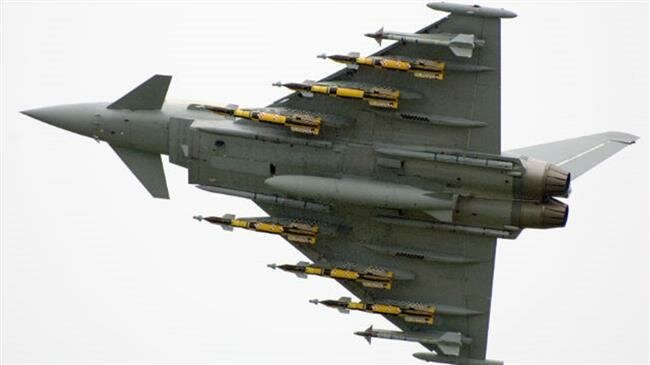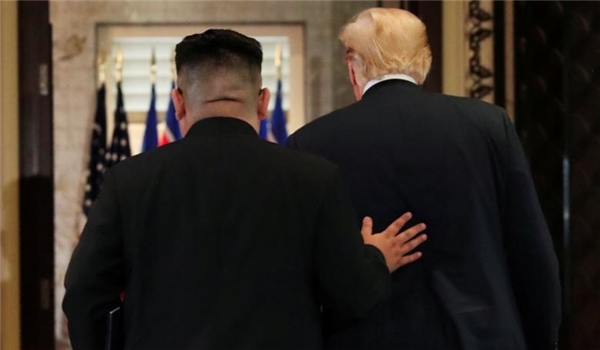US President Donald Trump has decided not to renew waivers that allow eight countries to buy Iranian oil without facing Washington's sanctions, the White House says.
Publish dateMonday 22 April 2019 - 22:44
Story Code : 183839
AVA- The White House said in a statement issued on Monday that the US president would not reissue Significant Reduction Exceptions (SREs) when they expire in early May, a move aimed at bringing Iran’s oil exports to zero.
"The United States, Saudi Arabia and the United Arab Emirates ... along with our friends and allies, are committed to ensuring that global oil markets remain adequately supplied," the White House statement said, adding, "We have agreed to take timely action to assure that global demand is met as all Iranian oil is removed from the market."
Following the announcement by the White House, US Secretary of State Mike Pompeo made an announcement during a press conference, detailing the decision on the Iranian oil exports.
"The Trump Administration has taken Iran’s oil exports to historic lows, and we are dramatically accelerating our pressure campaign in a calibrated way that meets our national security objectives while maintaining well supplied global oil markets. We stand by our allies and partners as they transition away from Iranian crude to other alternatives," Pompeo claimed in his remarks on Monday.
He noted that the US has had "extensive and productive discussions" with Saudi Arabia, the United Arab Emirates, and other major producers about ways to ease such transition, saying, "This, in addition to increasing US production, underscores our confidence that energy markets will remain well supplied."
Oil prices spiked after Sunday reports suggested that the waivers would end and remained higher on Monday.
Soon after the US announcement, the global oil market reacted through a sharp rise in prices with international benchmark Brent rising 2.6 percent to $73.78 a barrel after having earlier touched $74.31, highest since early November.
US crude futures also gained 2.4 percent, or $1.52 a barrel, to $65.39. It had earlier touched a high of $65.87, a level not seen since late October.
The US president withdrew Washington in May 2018 from a multilateral nuclear accord, officially known as the Joint Comprehensive Plan of Action (JCPOA), which was reached between Iran and six world powers in 2015. Afterwards, Washington re-imposed unilateral sanctions on Iran that had been lifted under the deal.
Last November, the US enforced sanctions targeting the Islamic Republic’s banking and energy sector. However, it granted waivers to eight major importers of Iran’s oil, including China, India, Japan, South Korea, Taiwan, Turkey, Italy and Greece, fearing market instability.
"The United States, Saudi Arabia and the United Arab Emirates ... along with our friends and allies, are committed to ensuring that global oil markets remain adequately supplied," the White House statement said, adding, "We have agreed to take timely action to assure that global demand is met as all Iranian oil is removed from the market."
Following the announcement by the White House, US Secretary of State Mike Pompeo made an announcement during a press conference, detailing the decision on the Iranian oil exports.
"The Trump Administration has taken Iran’s oil exports to historic lows, and we are dramatically accelerating our pressure campaign in a calibrated way that meets our national security objectives while maintaining well supplied global oil markets. We stand by our allies and partners as they transition away from Iranian crude to other alternatives," Pompeo claimed in his remarks on Monday.
He noted that the US has had "extensive and productive discussions" with Saudi Arabia, the United Arab Emirates, and other major producers about ways to ease such transition, saying, "This, in addition to increasing US production, underscores our confidence that energy markets will remain well supplied."
Oil prices spiked after Sunday reports suggested that the waivers would end and remained higher on Monday.
Soon after the US announcement, the global oil market reacted through a sharp rise in prices with international benchmark Brent rising 2.6 percent to $73.78 a barrel after having earlier touched $74.31, highest since early November.
US crude futures also gained 2.4 percent, or $1.52 a barrel, to $65.39. It had earlier touched a high of $65.87, a level not seen since late October.
The US president withdrew Washington in May 2018 from a multilateral nuclear accord, officially known as the Joint Comprehensive Plan of Action (JCPOA), which was reached between Iran and six world powers in 2015. Afterwards, Washington re-imposed unilateral sanctions on Iran that had been lifted under the deal.
Last November, the US enforced sanctions targeting the Islamic Republic’s banking and energy sector. However, it granted waivers to eight major importers of Iran’s oil, including China, India, Japan, South Korea, Taiwan, Turkey, Italy and Greece, fearing market instability.
avapress.net/vdcbffb89rhbwwp.4eur.html
Tags
Top hits
